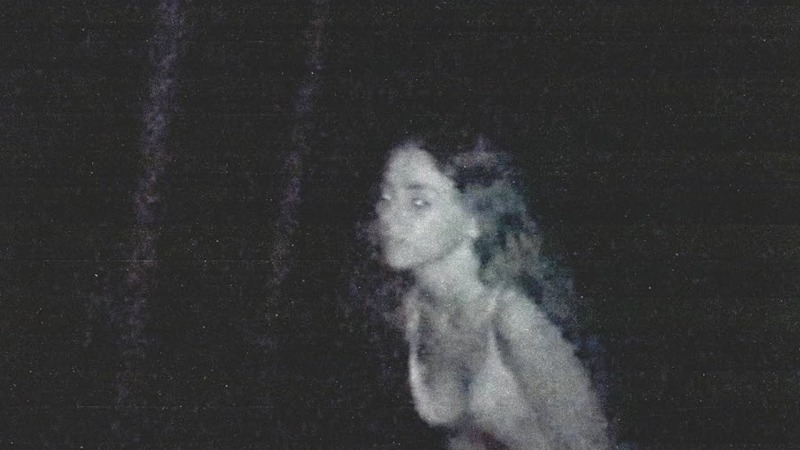Samia Gets Existential on Bloodless
The New York musician’s third album may also be her best. The writing is richly human and gladly vulnerable, fearlessly interrogating what makes up a self.

Every Samia album is a coming-of-age story. As per its title, 2020’s The Baby started at the beginning and, in sharp vignettes, she explored the formative moments of early adulthood: first loves, first experiences with grief, and panicking at the party. Her follow-up, 2023’s Honey, tracked her narrator’s people-pleasing tendencies as she grew older. But Bloodless is about a different kind of growing up, as Samia asks, “Who am I when I strip away all the ways that other people see me?” Or, as she fears by the album’s end, “Who was I when I bought these pants?” Bloodless is a relentless interrogation of what makes up a self. It’s her darkest, most existential, and most fearless album. It may also be her best.
After the 15-second “Biscuits Intro,” the album properly begins in “Bovine Excision,” a masterful supercut of being twenty-something in the 2020s. There’s the friend who flirts with the bartender, night swims, time spent parked in driveways, snacking on lime-flavored Lay’s. Samia’s thoughts interject these scenes; she decides what kind of person she is in each moment. “I wanna be untouchable, I wanna be impossible,” she repeats, before changing her mind later on. By the track’s end, Samia is “drained bloodless.” (The titular bovine excision is a mysterious death of an animal where the corpse has no blood.) She harmonizes with herself over that final lyric, and the high notes are clear and realized: A bovine excision might be happening to herself, and if it is, who can a person be without blood, without a sense of who they are?
Samia spends Bloodless prodding at that question, armed with gender theory (she’s been reading a lot of Judith Butler), fierce vulnerability, and her usual trio of collaborators: Caleb Wright, Jake Luppen, and Raffaella. The songs span relationships, friendships, pool parties, carousel rides, and backyard hangouts, but they all return to the idea of “bloodlessness”—an emptiness that occurs when your sense of self is determined by the way you’re perceived, especially by men. The writing is richly human and gladly vulnerable. On “Dare,” there are obfuscated references to sex (“I felt the current of your dare”) and failures in communication, concluding in one of Samia’s truest letters: “I can’t stop crossing the line, and you can’t stop trying to keep me on the other side. If only you could read my mind.” She finds relief in being “the second craziest person in the room.” “Sacred” allows her to reconcile with the eschewed affections of a man who won’t “love [her] like [he] hates her now.”
-

-

-

-

-

-

-

-

-

-

-

-

-

-

-

-

-

-

-

-

-

-

-

-

-

-

-

-

-

-

-

-

-

-

-

-

-

-

-

-








































